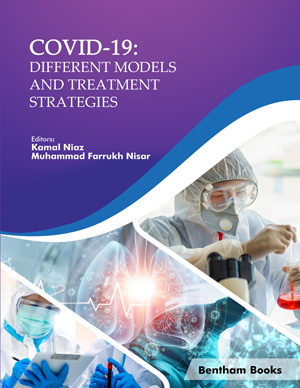Abstract
Women account for half of new infections with HIV annually. Heterosexual transmission is the most common route of infection in resource limited settings (RLS). An effective microbicide would help decrease transmission of HIV and potentially enable women to have more control in sexual relationships. Research into microbicides is done predominantly in RLS. In addition, there will be different issues and challenges to consider with respect to rectal microbicide use in men. There exist several ethical issues around microbicide development and clinical research which we explore in this review. Respect for persons, including autonomy and protection of vulnerable populations, beneficence, and justice are explored as they relate to microbicide research. Improving standards of care in RLS, trial design, and informed consent are discussed in more detail. Special populations including pregnant women, adolescents, and men who have sex with men are considered in more detail. A multipronged approach to HIV prevention will be necessary to have an impact on HIV prevention. A continued discussion around ethical issues in regard to study design, interpretation of results and implementation of compounds brought to market will remain critically important.
Keywords: Ethics, HIV, microbicides, prevention, infection, transmission, membrane, cultures, community, pregnancy






















